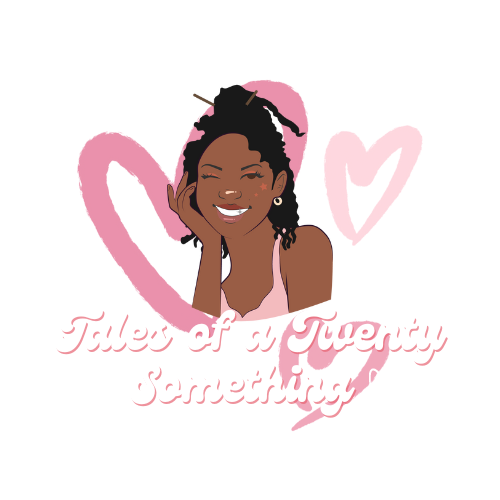Grief…the Evidence of Love. (pt. I)
“You see, love and grief are two sides of the same precious coin. One does not—and cannot—exist without the other. They are the yin and yang of our lives… Grief is predicated on our capacity to give and receive love. Some people choose not to love and so never grieve. If we allow ourselves the grace that comes with love, however, we must allow ourselves the grace that is required to mourn.” – Alan D. Wolfelt, Ph.D.
It comes in waves… One minute you’re fine, and the next, you’re wondering how you’ve managed to go on so long without thinking about them. Grief. It’s the feeling that never goes away but makes you think it does. It takes a pause every once in a while, but it always doubles back, like a toxic ex. Why do I suddenly feel sad? I thought I was fine. It’s been a year…
two years…
five years…
ten years…
I should be over this.
In 2020, I had my first real experience with death. My father passed away unexpectedly. And because we weren’t that close, it affected me in a weird way. I went through a range of emotions. My initial reaction was shock, then anger, then what I thought was acceptance and then the realization that it had only been a week since his death and the start of all of these feelings.
Life eventually carried on, like it always does. Then in 2023, my great-grandmother passed away. Her death was due to old age, so it wasn’t as unexpected, but it still hurt the same, actually—way worse.
As I mentioned before, I had never experienced grief before, and especially not at this proximity, so the many phases I experienced were new to me. I felt like I was fighting so many thoughts and feelings at once. Was she scared at the time of her passing? Why did she have to go? Did she make it to heaven? I’m a Christian, and have grown up on the belief that there’s a heaven and a hell. My grandmother (great-gran, but I’ve always referred to her as just my “granny”) was the kindest woman you’d have ever met, so I didn’t really fear the heaven part as much. But just the realization of her being gone, mixed with the newness of the whole situation, really had my emotions and brain all over the place.
For any other twenty-somethings dealing with death for the first time in your twenties, you are not alone. Death/grief is a rollercoaster, and I’ve learned that you’ll never truly stop grieving someone. You can be fine, and not think about someone who’s been gone for years, and then all of a sudden, their favorite song comes on the radio and you get hit with that initial grief feeling all over again.
For my twenty-somethings, don’t beat yourself up for feeling how you feel. Grief is what makes us human. Grief is the proof that we have loved. Acknowledge those feelings. Maybe write them down in a journal to reflect on at a later time, or a time when you feel the same way. Talk to someone about your feelings, whether it be a friend, a journal, a therapist, or God. Sometimes it just helps to vocally express your feelings to someone or somewhere, even if they don’t make sense to you.
It may also help you to deal with your grief by aiming to see things from another perspective. Think of the many reasons why you’re grieving this person. What was your connection to them? What were some of your good memories together? As a strong advocate for journaling, WRITE THESE FEELINGS AND MEMORIES DOWN!!! These are moments you’ll want to remember later on. Who was this person to you? What did they do to make themselves stand out in your life? These are all great questions that may help you connect with your grief. And when I say connect, I mean you’ll begin to understand your feelings and why you feel the way you do.
I’m also a strong advocate for therapy. I’m looking for a therapist myself, actually. Talking to a therapist about your grief can help you break down those feelings or even just allow you to vent to someone who is guaranteed to listen. This one I really recommend for those that are confused about your grief. Maybe you had a troubling relationship with that person. Maybe the connection was severed sometime ago and you feel guilty about their death. Whatever it is, talking to a mental health professional can help you sort through those feelings and work through them.
I’m obviously no master at grief, as I’m still new to the feeling, but these are just some of the methods that I have picked up along the way. At the end of the day, don’t beat yourself up for being human. Instead, feel proud of yourself for experiencing a human emotion. Love. Love is what leads to grief. You are living the human experience. The beautiful, painful experience. 🌹🥀
Love,
Mia, the twenty something ♡
Song of the day 🎵


